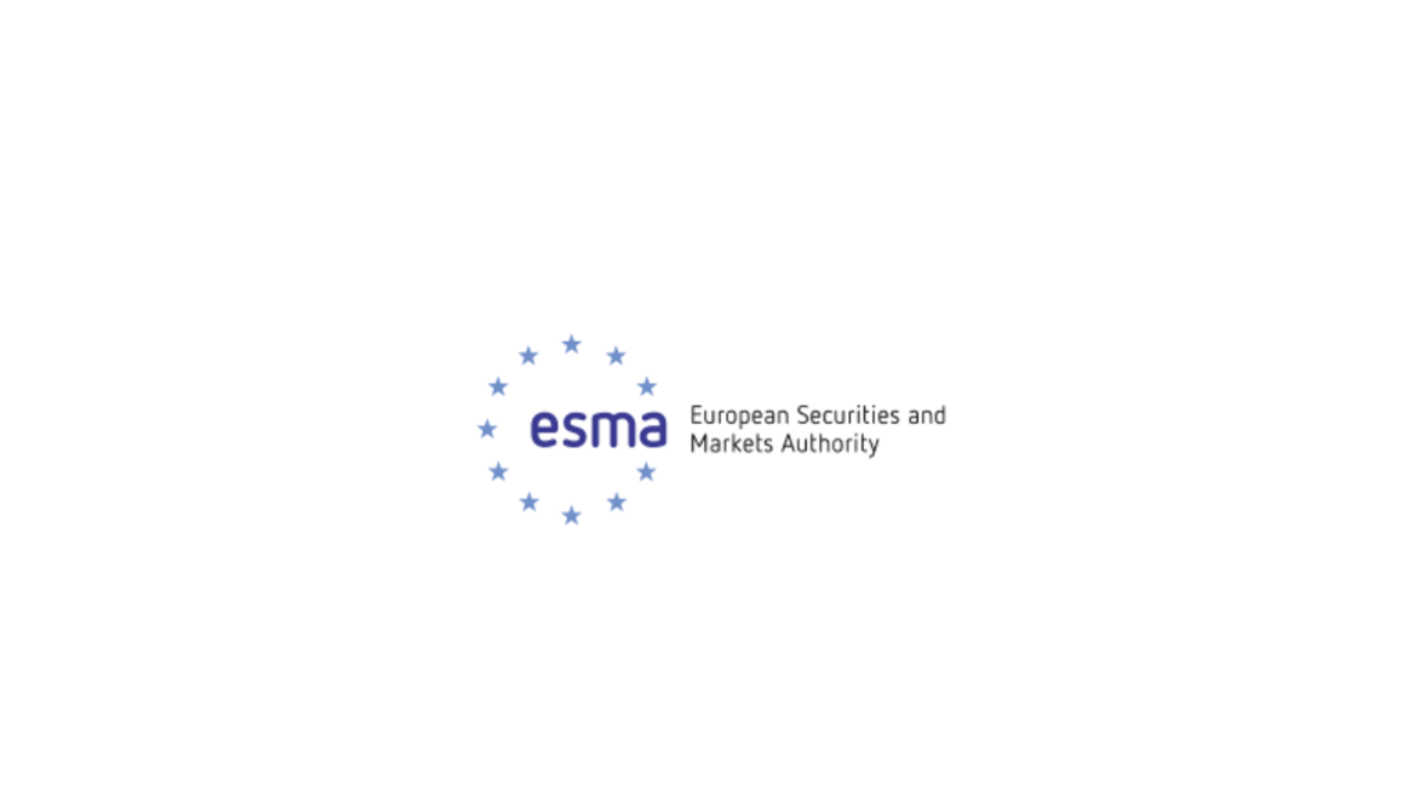Central bank chief Rehn: ECB to raise rates further; too early to discuss presidential bid
Olli Rehn, Governor of the Bank of Finland, says he will not decide on a possible presidential bid until next summer. He was asked about his presidential ambitions on Yle's Ykkösaamu programme on Saturday.
Rehn, a former European Economic Commissioner, has led the central bank since 2018 following a stint as minister of economic affairs representing the Centre Party.
An Yle opinion poll last spring indicated that he would be the most popular candidate to replace President Sauli Niinistö in early 2024.
That survey showed Rehn with 20 percent support, followed by Foreign Minister Pekka Haavisto (Green) with 16 percent and Prime Minister Sanna Marin (SDP) a distant third with nine percent backing.
Another poll published by the Centre-leaning newspaper Maaseudun Tulevaisuus on 9 December showed Haavisto moving ahead of Rehn in popularity.
Compared to a previous MT poll during the summer, Haavisto's support remained steady at 17 percent while Rehn's backing slumped from 20 to 14 percent.
In third place was Mika Aaltola, the director of the Finnish Institute of International Affairs, who has no experience – or apparently ambitions – in politics.
Haavisto lost in two presidential runoffs to Niinistö, a former National Coalition Party politician and European bank official. A Rehn-Haavisto runoff could show a similar split between segments of the electorate leaning toward the right and the left.
Too early to talk about 2023 elections
So far no-one has formally announced their candidacy for the next presidential election, which is about 13 months away on 28 January 2024.
Asked about a possible candidacy on the current affairs show Ykkösaamu, Rehn declined to give a direct answer.
He replied that the focus of Finnish politics is now on next April's parliamentary elections and the formation of the next government, which will likely take place in early summer.
"After that, in the summer and autumn, it will be time to nominate candidates for the presidential elections. I'll return to the question at that point if need be," he said.
"I'm now concentrating fully on my work as Governor of the Bank of Finland, which is a reasonably demanding task in these difficult times," Rehn added.
On Friday, the Bank of Finland predicted that the Finnish economy will slide into a mild recession next year.
ECB to further hike rates
This week, the European Central Bank (ECB) raised interest rates for the fourth time this year. The latest hike was half a percentage point, bringing rates to their highest levels in 14 years.
"At the meeting of the Council of the European Central Bank on Thursday, we stated that it was necessary to raise interest rates significantly," Rehn noted.
Stabilising inflation to the ECB's medium-term goal of two percent is still a long way off.
"Interest rates will be raised to a level that limits demand sufficiently and keeps inflation expectations in line with the monetary policy objective. Getting inflation under control supports sustainable growth in purchasing power," he explained.
Rehn predicted that the ECB would further raise interest rates at its next two meetings in February and March 2023, at least.
Most powerful Finn in EU
Rehn was previously deputy chair of the Centre Party, having served two terms as an MP and one as an MEP, as well as positions with the World Economic Forum and the Trilateral Commission.
He has been the most powerful Finnish figure in EU politics to date, serving as Vice-President of the European Commission in 2011–2014, Commissioner for Economic and Monetary Affairs for four years, and commissioner for enlargement for six years. After his decade on the EU executive, he served as Vice-President of the European Parliament.
During his stint as Finland's Minister of Economic Affairs in PM Juha Sipilä's Centre-led government, Rehn pushed through approval of the ill-fated Fennovoima nuclear power plant. It was to have been built and supplied by a Russian state firm with close ties to the Kremlin. The plan was scrapped when Russia invaded Ukraine in February.





















































First, please LoginComment After ~